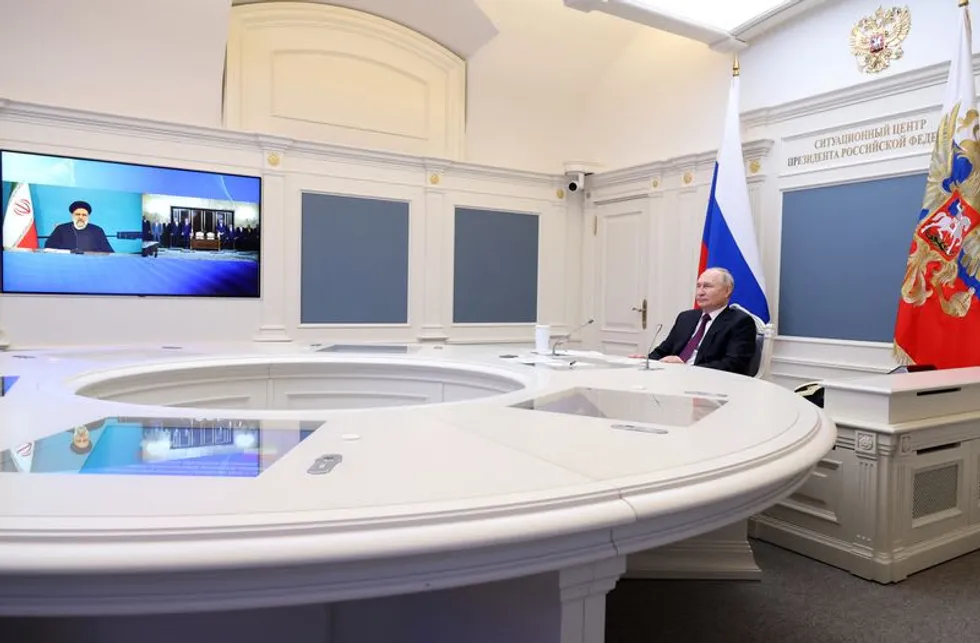International Collaboration: Russia and Iran Sign Railway Deal
Overview
In a significant display of international cooperation, Russian President Vladimir Putin and Iranian President Ebrahim Raisi recently oversaw the signing of a deal to finance and build a railway line in Iran. The Rasht-Astara railway project is part of the North-South Transport Corridor, which aims to connect India, Iran, Russia, Azerbaijan, and other countries through a combination of railways and sea routes.
The North-South Transport Corridor
The North-South Transport Corridor is a massive international infrastructure project that promises to revolutionize trade and transportation between South Asia, the Middle East, and Europe. By linking these regions through efficient rail and sea connections, the corridor has the potential to significantly reduce transit times and costs for goods moving between East and West.
The Rasht-Astara Railway
The Rasht-Astara railway line is a crucial component of the North-South Transport Corridor, as it will provide a direct link between Iran and Azerbaijan. This connection will not only facilitate trade between the two countries but also strengthen economic ties among the entire region. Additionally, the railway is expected to boost tourism and enhance cultural exchanges between the nations it connects.
Global Implications
With the potential to rival the Suez Canal as a major global trade route, the North-South Transport Corridor could have far-reaching implications for international commerce. By providing an alternative route for goods to move between Asia and Europe, the corridor may reduce the dominance of traditional shipping lanes and open up new opportunities for trade and economic growth.
Conclusion
The signing of the railway deal between Russia and Iran marks a significant step forward for the North-South Transport Corridor and demonstrates the power of international collaboration in shaping the future of global transportation. As the project progresses, it will be interesting to see how the corridor transforms trade patterns and strengthens ties between the countries involved. The potential benefits are immense, and the world is watching with anticipation as this ambitious vision becomes a reality.
How It Will Affect Me
The completion of the North-South Transport Corridor and the Rasht-Astara railway line could have a direct impact on me as a consumer. By providing a more efficient and cost-effective means of transporting goods between Asia and Europe, the corridor may lead to a wider variety of products being available in my local market. Additionally, increased trade and economic activity in the region could create new job opportunities and spur economic growth, benefiting me and my community.
How It Will Affect the World
The development of the North-South Transport Corridor has the potential to reshape global trade patterns and strengthen economic ties between regions. By providing an alternative route for goods to move between key markets, the corridor could reduce reliance on existing shipping lanes and mitigate the impact of disruptions. This increased connectivity and trade could foster greater cooperation and stability among nations, ultimately benefiting the global economy and facilitating international development.





